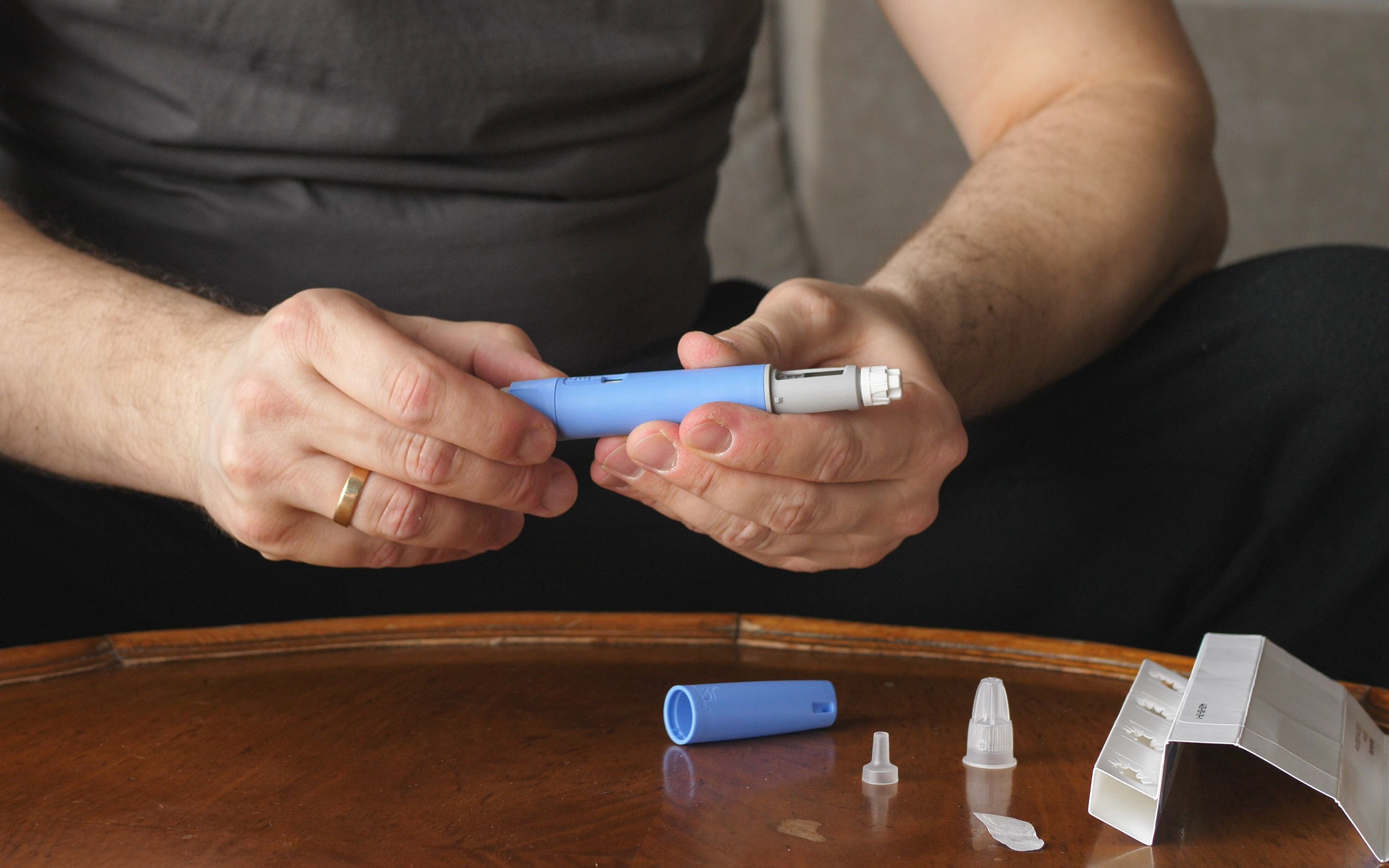- Case-Based Roundtable
- General Dermatology
- Eczema
- Chronic Hand Eczema
- Alopecia
- Aesthetics
- Vitiligo
- COVID-19
- Actinic Keratosis
- Precision Medicine and Biologics
- Rare Disease
- Wound Care
- Rosacea
- Psoriasis
- Psoriatic Arthritis
- Atopic Dermatitis
- Melasma
- NP and PA
- Skin Cancer
- Hidradenitis Suppurativa
- Drug Watch
- Pigmentary Disorders
- Acne
- Pediatric Dermatology
- Practice Management
- Prurigo Nodularis
- Buy-and-Bill
Article
Limitations of hand sanitizers
Q: What are the limitations of hand sanitizers?
A: While the Centers for Disease Control has credited hand sanitizers with minimizing the severity of the flu outbreak last year, there are some important organisms that cannot be killed by any type of hand sanitizer. Dermatologists should know that hand sanitizers do not kill anthrax, which was an organism of great concern several years ago. Further, hand sanitizers are not effective against Clostridium difficile, which has become another antibiotic-resistant organism.
Since there is no mechanical rinsing with hand sanitizers, they do not clean visible dirt from the hands. This means that hand sanitizers are not good if food or other environmental debris are present. Essentially they are good at intermittently cleaning hands that are basically clean, but might contain some microorganisms. For example, they are to good sanitize the hands after shaking hands, touching a contaminated bathroom door handle, or if soap and water are not available.
More conundrums
Which hand sanitizer is best to use in my office?
Which hand sanitizers are most practical and effective?





